by Joshua Joseph Malgao (Editor)
The large number of microbials in the intestine that overrides the total human cells alludes to significant contribution of the microbiota to human health. This is vivid in enteric and some systemic diseases emanating from disruption of the microbiota. A balanced microbiota influences the development and functioning of both innate and acquired immune systems to foster intestinal immunity and to prevent disease. It does this by interacting with intestinal immune system at all levels, from the “primitive non specific pattern recognition receptors (PRR) to most specific adaptive T cell responses.” Commensal microbes are recognized by PRRs, which in turn transduce signals to activate transcription factors like nuclear factor kappa B that induce production of immune mediators to regulate mucosal innate immunity and inflammatory responses. The microbiota also influences leukocytes like natural killer cells, mast cells, eosinophils, basophils and phagocytic cells including macrophages, neutrophils and dendritic cells to generate responses protective to the gut. This could involve allergic, inflammatory and infectious processes. It is interesting to understand that the putatively known antigen presentation carried out by professional macrophages and dendritic cells to link innate and adaptive gut immune systems is also driven by macrobiota. These commensals drive or polarize macrophage- and dendritic cell-mediated responses adaptive immune responses during health and disease. As to how this occurs, this book will highlight recent findings.
The adaptive immunity of the gut, both humoral and cellular, is also influenced by the microbiota. These commensals drive the development and differentiation of gut-associated lymphoid tissue (GALT) which is the key structure to humoral immune system. In germ free animals and those with disrupted microbita, GALT functioning is heavily compromised leading to diseases.
All these facts are discussed by the author. In addition, the book highlights the involvement of microbiota to the correction of diseases that emanate from disrupted microbiota. It is expected that the insight gained could help design therapeutics against gastrointestinal diseases caused by disruption of the microbiota. (Imprint: Nova)
Product Details
- Paperback: 114 pages
- Publisher: Nova Science Pub Inc (February 15, 2015)
- Language: English
- ISBN-10: 1631172964
- ISBN-13: 978-1631172960

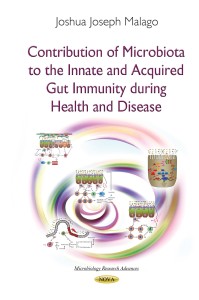
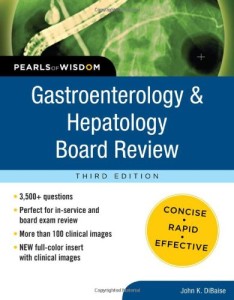
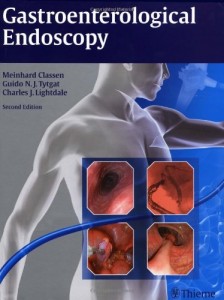

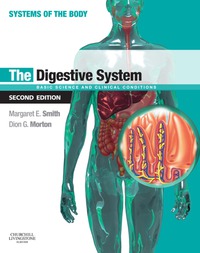
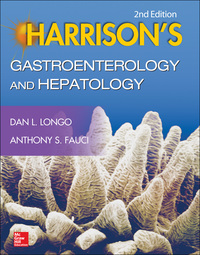
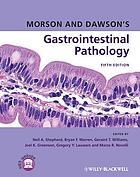
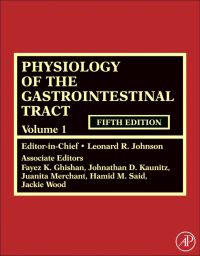
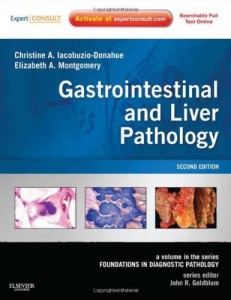
Reviews
There are no reviews yet.